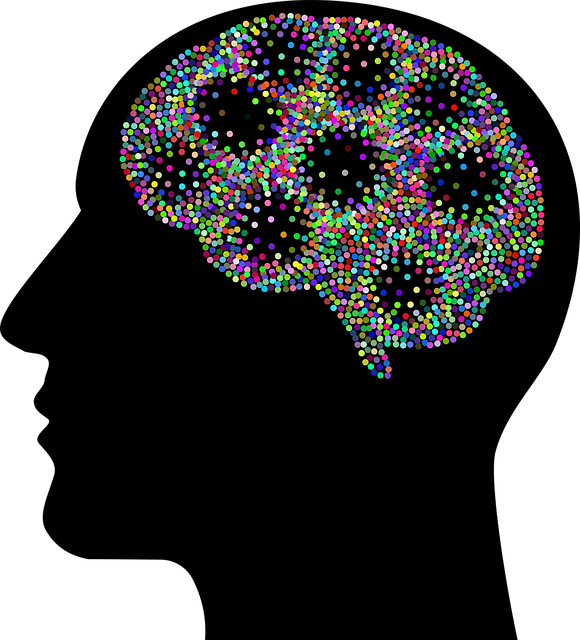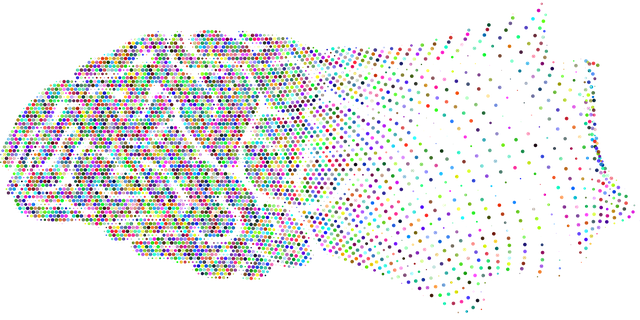Mental health policies are crucial in supporting adolescents with sexual dysfunction, offering accessible, culturally sensitive therapy integrated into comprehensive care. Recognizing diverse cultural backgrounds builds trust and empowers teens to discuss mental wellness openly. Effective policy advocacy addresses unique teen challenges, aiming to revolutionize access to tailored therapy for sexual dysfunction issues. Holistic approaches, including counseling and stress management workshops, target anxiety, depression, and substance abuse stemming from unaddressed sexual health problems. Analyzing existing policies highlights gaps in support for marginalized communities, emphasizing the need for specialized programs and mental wellness guidance. Integrating therapy into educational institutions through coaching programs and outreach initiatives creates inclusive environments, enhancing academic performance and overall well-being while prioritizing therapy for adolescent teens' sexual dysfunction.
Mental health policy analysis is a crucial step towards fostering well-being, especially among adolescents. This article delves into key aspects of youth mental health, examining its intersection with sexual dysfunction and the impact on overall development. We analyze existing policies and their shortcomings, offering advocacy strategies to enhance mental health support in schools. By understanding the connection between sexual health and mental wellness in teens, we can revolutionize therapy approaches, ensuring a brighter future for our adolescents.
Keywords: Mental health policy, adolescent youth, sexual dysfunction, therapy.
- Understanding Mental Health Policy and Its Impact on Youth
- Uncovering the Connection Between Sexual Dysfunction and Mental Health in Adolescents
- Analyzing Existing Policies and Their Shortcomings
- Advocacy Strategies for Effective Mental Health Support in Schools
Understanding Mental Health Policy and Its Impact on Youth

Mental health policies play a pivotal role in shaping the support and care available for young individuals, especially when addressing issues like sexual dysfunction in adolescents. This complex topic requires a nuanced understanding of both mental wellness and the unique challenges teens face. Effective policy advocacy ensures that therapy for adolescent teens with sexual dysfunction is accessible, culturally sensitive, and integrated into comprehensive mental healthcare services.
Cultural sensitivity in mental healthcare practice is essential to building trust and ensuring effective interventions. By recognizing and respecting diverse cultural beliefs and backgrounds, professionals can adapt their approaches, fostering a safe space for open communication. This is particularly critical when addressing sensitive subjects like sexual health, where positive thinking and empowerment can complement traditional therapy methods, encouraging young people to seek help and make informed decisions regarding their mental wellness.
Uncovering the Connection Between Sexual Dysfunction and Mental Health in Adolescents

The connection between sexual dysfunction and mental health in adolescents is a growing area of interest for healthcare professionals. Many teens struggle with sexual issues that can significantly impact their overall well-being, often manifesting as anxiety, depression, or even substance abuse. Unaddressed, these problems can lead to long-term psychological effects, affecting not only adolescent teens’ relationships but also their academic and professional lives.
Therapy for adolescent teens with sexual dysfunction often involves a holistic approach that combines counseling sessions focusing on Mind Over Matter Principles and stress management workshops led by organizations dedicated to mood management. By teaching young people coping mechanisms and empowering them with knowledge about sexual health, these interventions aim to foster healthier relationships and improve mental resilience. Early intervention is crucial, as it can prevent more severe psychological issues from developing and promote a healthier transition into adulthood.
Analyzing Existing Policies and Their Shortcomings

Analyzing existing mental health policies is a crucial step in advocacy efforts aimed at improving access to quality care, especially for marginalized communities and vulnerable groups like adolescent teens suffering from sexual dysfunction. While many countries have made strides in recognizing the importance of mental well-being, shortcomings remain. For instance, current policies often fall short in addressing the unique needs of adolescents, particularly those facing sexual health challenges that can lead to anxiety, depression, and other mental disorders.
The gap in resources dedicated to therapy for adolescent teens with sexual dysfunction highlights a critical area of need. Mental health awareness campaigns are essential, but they must be accompanied by policy changes that ensure access to specialized coping skills development programs and professional guidance, such as mental wellness journaling exercises. By identifying these shortcomings, advocates can push for more comprehensive policies that prioritize prevention, early intervention, and inclusive support systems.
Advocacy Strategies for Effective Mental Health Support in Schools

In recent years, advocating for effective mental health support within educational institutions has gained significant momentum. Schools play a pivotal role in identifying and addressing mental health concerns early on, especially when it comes to adolescents. One powerful strategy involves integrating therapy services tailored for teen sexual dysfunction, which can help break down the barriers of stigma associated with seeking help. By incorporating specialized therapy programs, schools can foster an environment where students feel comfortable discussing sensitive issues, promoting overall mental wellness.
Additionally, the development of Mental Wellness Coaching Programs and Community Outreach initiatives should be encouraged. These programs aim to educate both students and staff about mental illness, reduce stigma, and provide early interventions. Such initiatives empower individuals to take charge of their mental health and ensure that support systems are readily available within the school community. Through these advocacy efforts, schools can become more inclusive and supportive spaces for all students, ultimately contributing to improved academic outcomes and enhanced mental well-being.
Mental health policy analysis reveals critical gaps, especially concerning the intersection of sexual dysfunction and adolescent mental health. Existing policies often fail to provide comprehensive support, leaving young people vulnerable. To address this, advocacy efforts must focus on integrating therapy for adolescent teens with sexual dysfunction into school-based mental health services. By implementing effective advocacy strategies, we can ensure that youth receive holistic care, fostering healthier minds and brighter futures.












